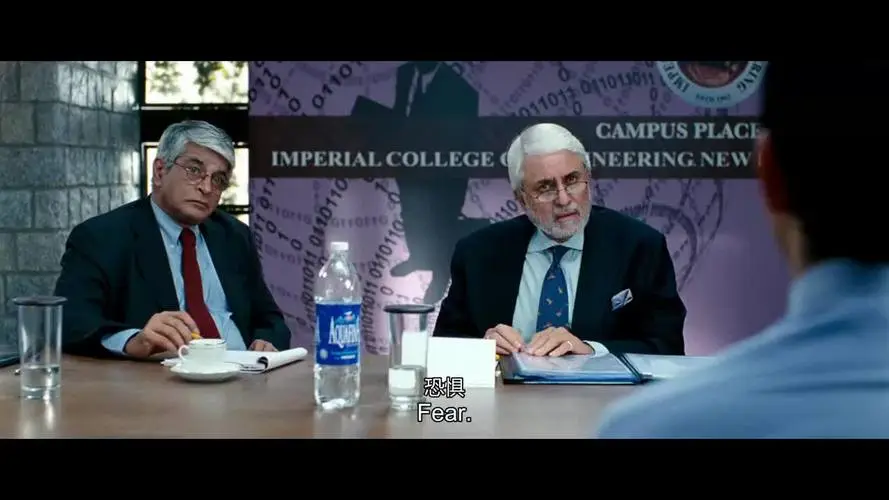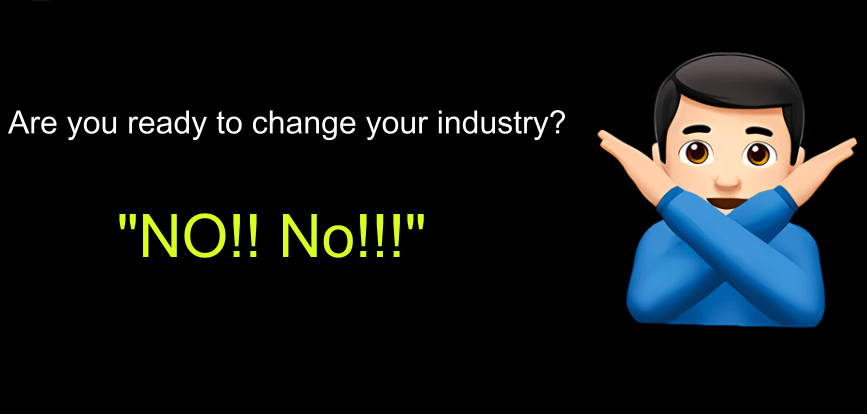Interviews don’t always go as planned, but recognizing red flags like disengaged body language or vague questions can help you recover before it’s too late. By calmly addressing mistakes, staying prepared, and honing your communication skills, you can improve with every interview and move closer to securing your dream job.
It’s common to leave an interview feeling hopeful only to hear nothing back. Even with extensive preparation, small mistakes can jeopardize your chances. By paying attention to subtle signs, you can detect when an interview is going south and potentially reverse the situation. Here are some red flags to watch for and tips on how to recover if things aren’t going as planned.

Signs of a Failed Interview
In interviews, each conversation is unique, and it’s normal to feel unsure at times. However, certain signs can indicate trouble. For instance, if the interviewer shows disinterest through body language, such as avoiding eye contact or frequently checking the time, it likely means they aren't engaged. Another red flag is if the questions become vague or overly challenging without diving into your qualifications, which could mean they’ve already decided against you. If they skip details about the next steps or rush to end the meeting, chances are slim.
How to Turn Things Around
If repeated interviews haven't landed you a job, it’s time to evaluate your performance. Seek feedback from mentors or practice with a career coach to identify areas of improvement. When mistakes happen during an interview, stay calm, clarify politely, and demonstrate confidence and a willingness to improve. If faced with unfamiliar questions, admit your knowledge gaps but focus on how you can learn and solve problems—showing adaptability is key.
Avoiding Common Pitfalls
Seemingly small mistakes can significantly damage your impression. Arriving late without a good reason or too early and demanding the interview begin immediately are disrespectful behaviors. Lack of preparation, such as not researching the company, can also distance you from the opportunity. Additionally, badmouthing previous colleagues or managers raises concerns for the interviewer, while poor communication skills, like interrupting or not listening carefully, reflect poorly on your attention and focus.






